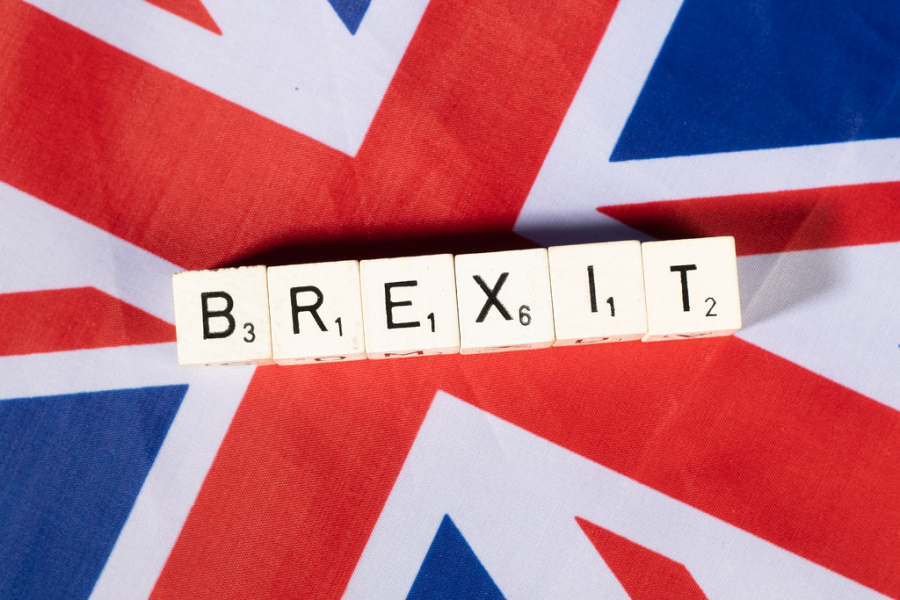Brexit: What’s the UK’s Best Option?
The U.K.’s most pressing issue currently is the long-anticipated Brexit, which stands for Britain’s exit referring to leaving the European Union. The initial referendum was held in 2016 where 51.9% of voters voted for the U.K. to leave the E.U., less than 24 hours after the results were back the Prime Minister resigned because of his support of staying in the E.U. and was succeeded by Theresa May.
May had limited success on the issue of Brexit, her idea of the issue was to leave in the least invasive option. The approach is called a soft Brexit which is where you are technically still leaving the E.U. but it is extremely acclimatized for things like the single market and the customs union.
If the U.K. stays in the single market then they will still have to pay in taxes and contribute to the EU which they don’t want to do but the economy of the country would be stable and very foreseeable, and if they stayed in the customs union though they wouldn’t be able to broker their trade agreements and such.
Currently, the Prime Minister is Boris Johnson and he has a harshly different opinion on Brexit. Johnson’s idea is almost the hardest Brexit imaginable. In the past, Johnson has said that he would rather be “dead in a ditch” than extend the date for a Brexit deal, which has now been extended because of the problem or if no deal is made the UK instantly leaves the EU and there are zero safety nets for any current issues.
So what is the best option for the UK and the EU?
It is not a black and white issue if you take something as serious as the fate of all of the people in a country and the economic security of nearly everyone in a continent nothing can be black and white.
That being said, why doesn’t the UK just stay?
The lawmakers of the UK have been saying for years that the EU lawmakers have undermined all efforts to make real change to third laws, by things like trade agreements that the UK may want to indulge in a bit but are unable due to EU policy, or maybe something like having to change their currency to the Euro which has been economically less safe and inflates at a higher level and is changed by weaker economies in the EU. Another complication made by the EU is the migrant policy which is quite left-leaning and most of the UK’s population wants to change it at least a little bit.
Now, what are the major downfalls of a hard Brexit?
If the current plan is worked out and enacted the UK could feel a very serious economic recession around the corner. With free trade to all of the other countries then gone, local business in the UK, if they aren’t selling locally, they will have to somehow make up for the difference of price from the taxes or they’ll go under due to all of the competitors.
There is also the problem of if there is zero safety net at all, all of the EU citizens will be stuck in the UK if they are visiting or otherwise, which can cause quite a problem for people that for example work in Ireland and live in Northern Ireland or vice versa.
What is my opinion on the overall situation and what should happen in the UK?
Of course like earlier I stated nothing is black and white in this situation and I take that stance, overall leaving the EU is probably not the smartest thing to do but they want their very respectable freedom, at least in my opinion it is.
If they were forced to leave, which at this point they may just have to, I would recommend doing a moderate Brexit where the country gets many of its freedoms in terms of law but stay in the free market. Leaving the EU’s market is just a mistake. The fact that you can trade openly with most of Europe and not be taxed is great and without it, in time their country will struggle.
It doesn’t seem like the UK can trust Johnson’s promises anymore. It just won’t work in the long run for the country and a hard Brexit will be a guaranteed mistake.

My name is Trent Erb, and this is my junior year of high school at Yamhill-Carlton. I have been in this school district my entire life. This is my first...






